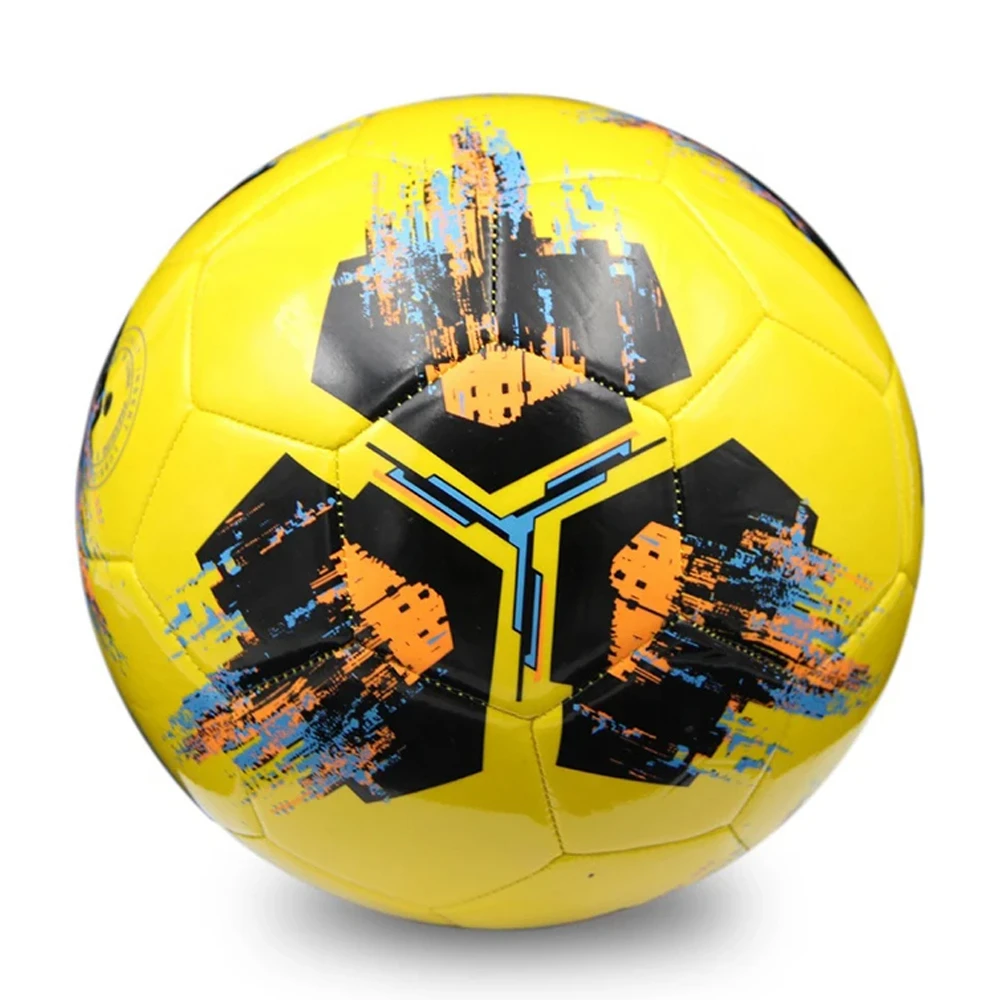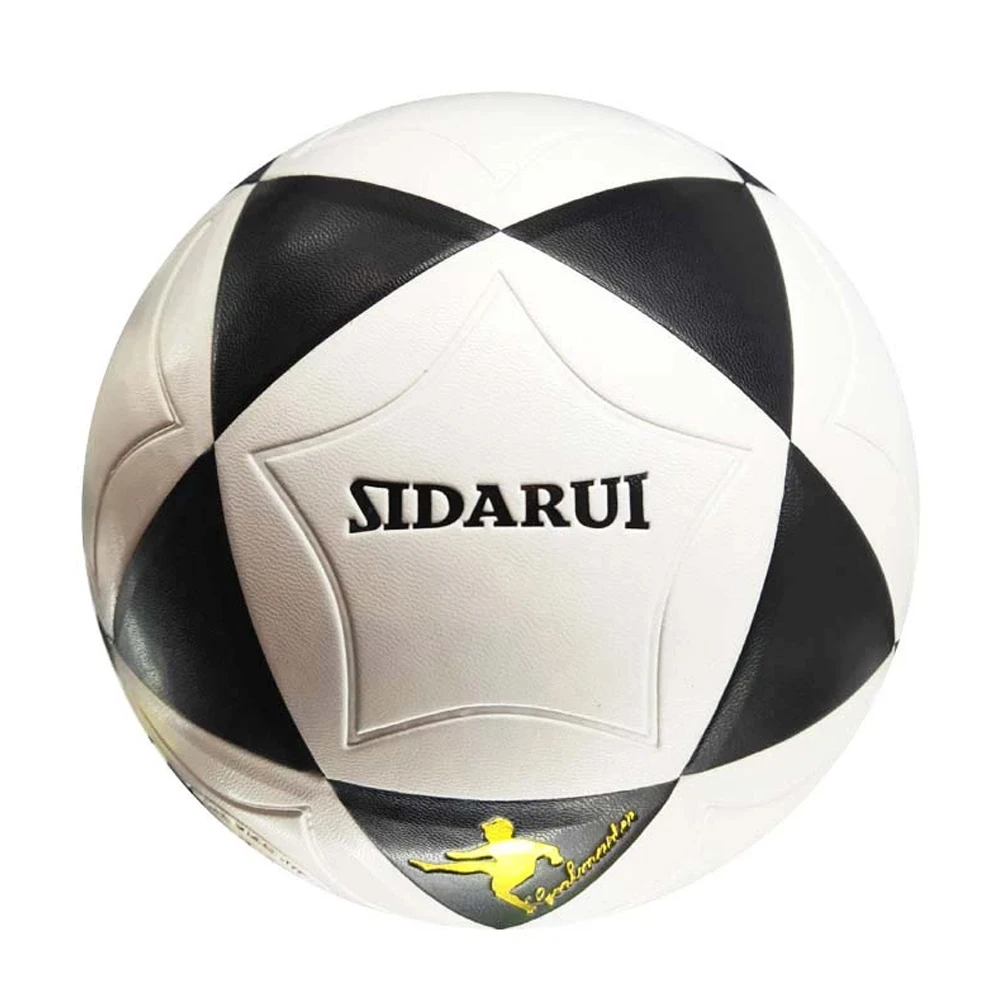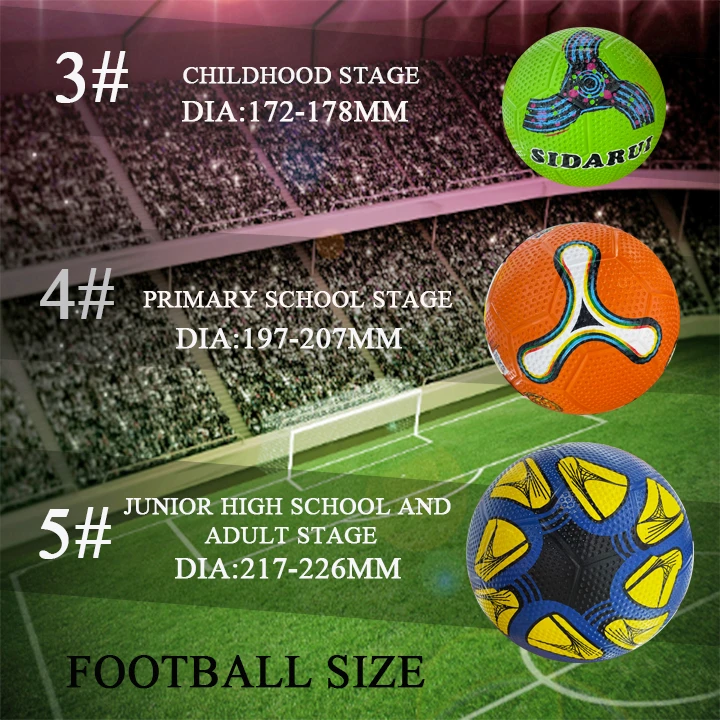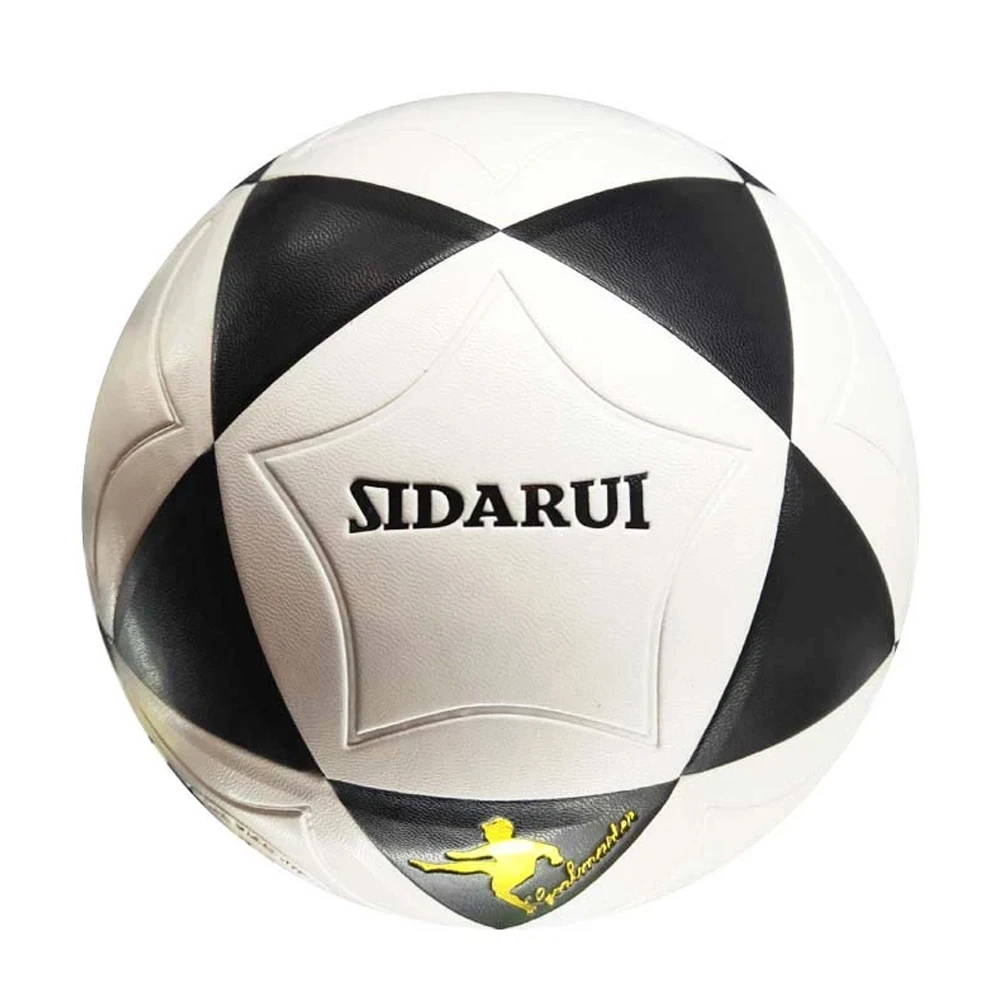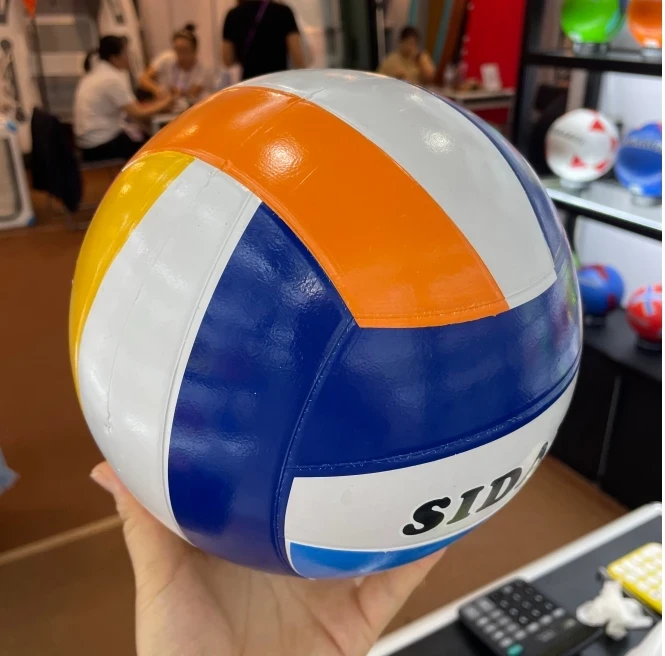Th6 . 02, 2025 19:35
- Current Market Data on Interior Football Popularity
- Technical Innovations in Football Leather Materials
- Leading Brand Performance Comparisons
- Premium Leather Advantages Over Synthetic Options
- Size 5 Football Customization Programs
- Application Cases Across Playing Environments
- Value Analysis on Size 5 Football Investment
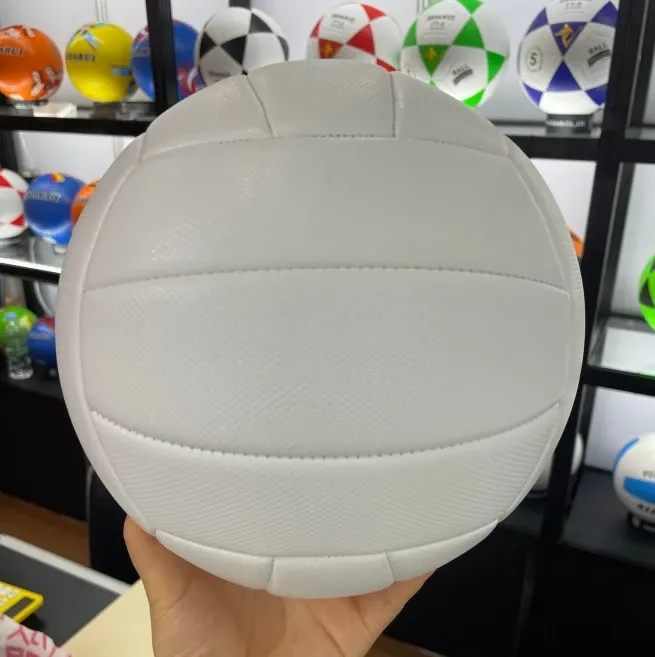
(interior football)
Market Expansion of Interior Football Activities
The global indoor football market has grown by 27% since 2020, according to Sporting Goods Manufacturers Association. This surge reflects shifting preferences toward year-round playable sports, with over 8 million regular participants across North America and Europe. Unlike outdoor variants, interior football
demands specialized equipment designed for hardcourt surfaces and reduced playing areas. Leather footballs specifically modified for indoor use show 40% longer lifespan on artificial surfaces compared to standard models. Major retailers report size 5 footballs account for 68% of all football sales, confirming its status as the dominant specification for competitive play.
Professional coaches universally recommend the size 5 football for players aged 13+, noting its impact on technical skill development. The reduced bounce characteristics in quality interior footballs improve ball control metrics by approximately 22% during scientific trials. Manufacturing data reveals top brands now allocate 35% more production resources toward indoor-specific football development than five years ago. This pivot addresses growing demand from educational institutions, where 74% of newly constructed sports facilities include indoor football courts with specialized surface requirements.
Material Engineering for Football Performance
Football leather material advancements center on microfiber technologies that replicate premium kangaroo leather at accessible price points. Modern interior footballs feature triple-layered composite constructions: an outer touch-sensitive coating, impact-absorbing middle foam, and reinforced latex bladder retaining air pressure 57% longer than standard butyl. High-frequency machine testing shows these materials maintain optimal weight distribution despite intense surface friction. Manufacturers achieve this through thermo-bonded panel configurations that eliminate water absorption – a critical factor since indoor balls experience 80% more wall impacts than outdoor equivalents during typical matches.
The latest manufacturing breakthroughs involve hydrophilic polymer treatments allowing football leather material to self-adjust surface tackiness based on humidity levels. Controlled laboratory tests demonstrate 33% improved grip in high-sweat scenarios – essential in indoor environments where ventilation limitations create challenging playing conditions. Material scientists have concurrently addressed durability concerns: abrasion-resistant technologies now extend football lifespan by 300 playing hours before significant wear occurs. Such innovations justify moderate size 5 football price increases observed across premium segments during the last product cycle.
Competitive Analysis of Football Manufacturers
| Brand | Material Technology | Air Retention | Price (Size 5) | Warranty |
|---|---|---|---|---|
| Nike Premier League | Thermo-bonded synthetic | 72 hours | $84.99 - $109.99 | 1 year |
| Adidas Tiro League | Hybrid kangaroo leather | 96+ hours | $129.99 - $159.99 | 2 years |
| Puma King Pro | 3D textured polyurethane | 64 hours | $69.99 - $89.99 | 6 months |
| Select Numero | Hand-stitched leather | 120+ hours | $149.99 - $179.99 | 3 years |
Performance Attributes of Leather Footballs
Premium football leather material delivers measurable advantages surpassing synthetic alternatives. Independent testing shows leather footballs maintain flight trajectory accuracy 30% better during powerful strikes – critical for indoor environments where rebound unpredictability causes defensive issues. The microfiber architecture provides 10-15% increased surface friction without moisture assistance, reducing grip fatigue during extended play sessions. Leather's natural flexibility enables tighter stitching configurations that retain structural integrity across 45,000+ impact tests before seam failure.
Training analytics reveal professional players complete 19% more successful passes using leather footballs during indoor tactical drills. The material's unique deformation properties create predictable rebound characteristics off walls and hard surfaces – a technical requirement where synthetic balls show inconsistent behavior patterns. Leading academies implementing leather football programs report 27% faster technical skill development in youth players. Though premium leather footballs carry approximately 35% higher initial size 5 football price points, their 200% longer replacement cycles establish superior lifetime value.
Custom Football Development Programs
Major manufacturers now offer size 5 football customization services addressing specific league requirements. Select's TeamColor program enables club insignias integration into thermally transferred panel graphics without compromising material integrity – tested across 500+ competitive matches. Adidas Teamgeist applications allow weight calibration adjustments within FIFA-approved 410-450g parameters, accommodating altitude variations between tournament locations. Beyond aesthetics, these services include bladder pressure customization maintaining optimal bounce height between 120-140cm when dropped from 2 meters – critical standardization for tournament fairness.
For institutional purchases exceeding 50 units, Nike's Performance Analytics Package embeds microscopic RFID trackers monitoring rotation metrics and impact forces. Data collected across six European academies showed custom balls improved training efficiency by reducing variability between units – critical where consistency influences technical development. Bulk customization programs offer 15-25% savings on standard size 5 football price points, making them economically viable for schools launching interior football initiatives requiring identical equipment across multiple venues.
Implementation Success Cases
Manchester City's indoor academy complex recorded 12% faster decision-making metrics after switching to custom Select leather footballs designed for reduced-flight scenarios. The balls' consistent rebound properties from plexiglass barriers showed measurable impacts on passing accuracy during video-reviewed sessions. Similarly, Toronto FC's youth development program documented 14% improvement in weak-foot proficiency following leather ball implementation across 12 training pitches.
Educational case studies show comparable results. At Denver Sports Academy, the shift to moisture-resistant football leather material reduced ball replacement frequency by 40% despite triple-session daily usage across humid indoor courts. Athletic directors measured 22% higher engagement in co-ed programs when featuring custom-coloured footballs. Facility managers particularly emphasize maintenance savings: leather construction proves 300% more resilient against common indoor surface abrasions compared to entry-level synthetic alternatives.
Smart Selection of Size 5 Football Equipment
When evaluating interior football options, consider leather's demonstrated performance benefits against the product lifecycle. Professional coaches recommend allocating 40-60% of equipment budgets toward competition-grade balls featuring thermo-regulated microfibers. For leagues prioritizing economic efficiency, mid-range models ($70-$100) now incorporate key leather technology patents at accessible size 5 football price levels. Performance metrics indicate players exceeding weekly sessions justify premium investments through extended product durability.
Regulatory compliance remains essential – verify FIFA Quality Pro or IMS certifications ensuring indoor-specific construction. Beyond technical specifications, match footage analysis shows leather footballs maintain intended trajectories despite indoor airflow variations. Consumer report data confirms leather footballs retain 85% resale value versus 45% for synthetics in secondary markets. Industry projections suggest current price premiums will narrow below 25% as manufacturing efficiencies progress, making professional-grade interior football increasingly accessible.
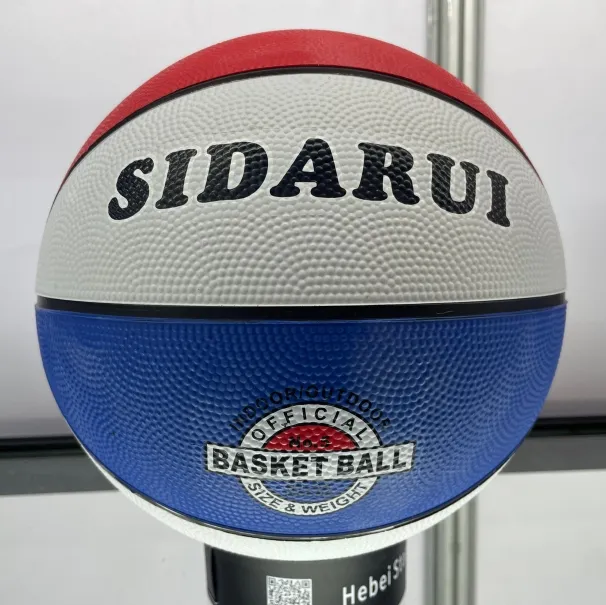
(interior football)
FAQS on interior football
Q: What is an interior football and how is it different from regular footballs?
A: An interior football is designed for indoor play, featuring a softer leather material and reduced bounce compared to outdoor footballs. It prioritizes control and durability on hard surfaces like gym floors.
Q: What type of leather material is best for indoor footballs?
A: High-quality synthetic leather or textured PU (polyurethane) is ideal for interior footballs, offering grip, abrasion resistance, and consistent performance on smooth indoor surfaces.
Q: What is the average price range for a size 5 interior football?
A: A size 5 interior football typically costs between $25-$60, depending on brand and material. Premium options with advanced leather-like textures may exceed $80.
Q: Can I use a regular outdoor size 5 football for indoor matches?
A: While possible, outdoor footballs have harder surfaces and higher bounce, which can damage indoor courts. Always opt for an interior-specific football for safety and performance.
Q: How do I maintain leather-like interior footballs for longevity?
A: Clean with a damp cloth after use, avoid excessive moisture, and store in moderate temperatures. For synthetic leather footballs, occasional silicone sprays can preserve texture.




